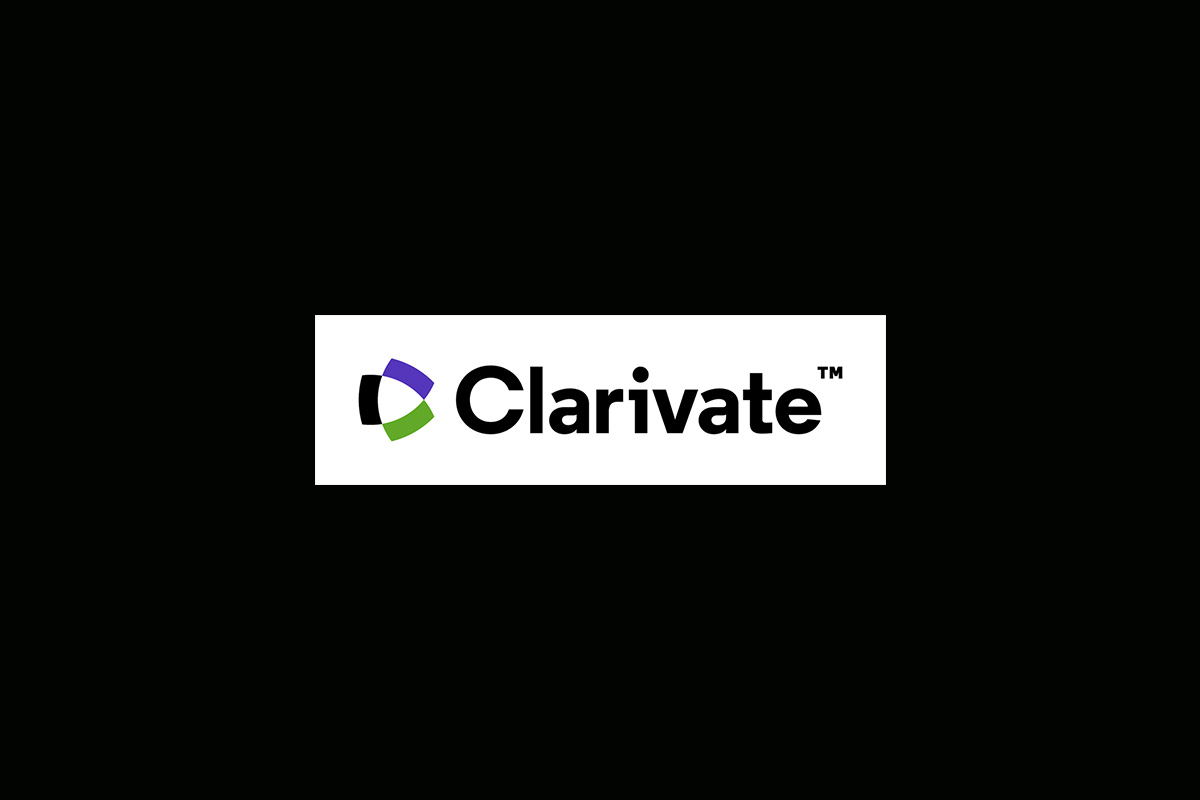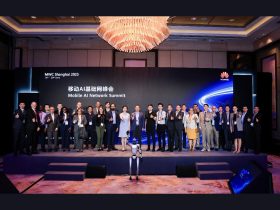The University has established formal guidelines for faculty, staff, and students to ensure responsible integration of generative Artificial Intelligence (AI) tools into administrative operations. The use of these tools must be beneficial, ethical, aligned with the University’s core values, and in compliance with existing technology policies at WVU.
Here are the core principles to follow when considering the use of AI for administrative purposes:
- Secure Usage: Use the IT Purchase Request process to ensure the tool you want to use is secure, including any planned use of free software.
- Data Privacy and Security: Do not input personally identifiable information (PII), confidential, or other sensitive data into a generative AI tool unless explicitly approved through the IT Purchase Request process. Generative AI tools cannot guarantee compliance with the WVU Information Privacy Policy.
- Understanding Capabilities and Limitations: AI tools generate new content by predicting patterns, which means the output can be inaccurate, misleading, entirely fabricated, or may contain copyrighted material.
- Transparency in AI Usage: Be clear and open about the use of AI-generated content, especially in decision-making or policy development. Consider if a reasonable person would want or expect to know about your use of generative AI and explain how it was utilized.
- Accuracy and Inclusivity: Prioritize universally accessible and inclusive content, carefully reviewing generated data for bias and accuracy before sharing.
Currently, the only AI services authorized for use in the WVU environment are the Blackboard/Anthology AI Design Assistant in eCampus Ultra and the basic version of Microsoft Copilot, which is free through a University-issued Microsoft 365 account. WVU employees should not attempt to purchase any other versions of Copilot as they are not authorized for use.
The guidelines, which will evolve as AI technology advances, currently address the use of AI for communications; data analysis; document management; customer service; equipment monitoring; personalized marketing; budget data; meeting transcription; audio and video creation; and software coding.
The Policy on Student Academic Integrity prohibits the unauthorized use of tools that generate or substantively edit content, such as Grammarly, ChatGPT, Microsoft Copilot, and Google Gemini. Students may use AI tools only when authorized by instructors.
Instructors have the freedom to determine which tools may be used in their courses and how their use should be documented. However, no AI tool may be purchased or implemented without a fully approved IT Purchasing Request.
Source: enews.wvu.edu


















Got a Questions?
Find us on Socials or Contact us and we’ll get back to you as soon as possible.